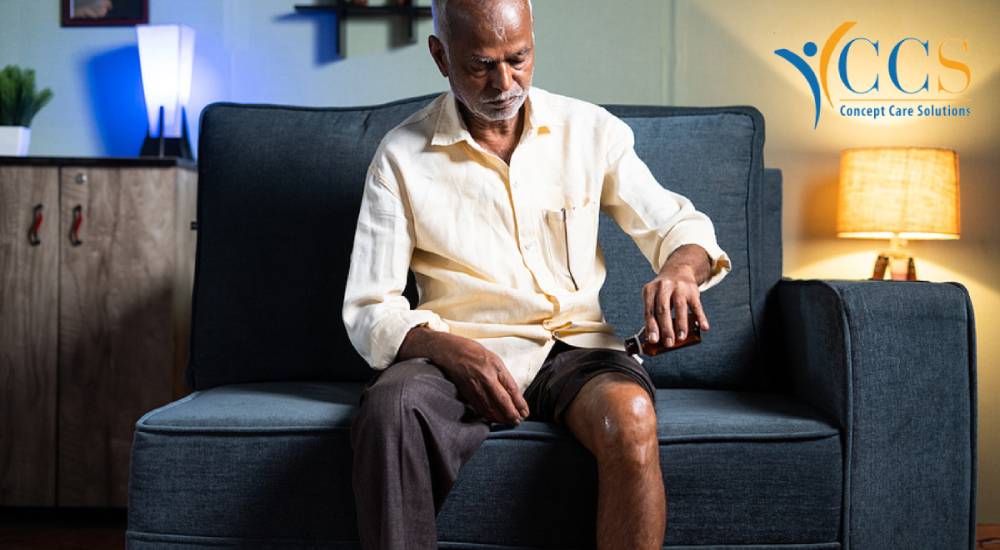Perhaps more so than anywhere else in the world, drinking culture is widely accepted here in the UK and it’s been normalised to such an extent that many people no longer question the very real physical and psychological harm that drinking alcohol regularly can cause.
Many of us think nothing of having a glass of wine at the end of the day and it’s easy to explain this away and rationalise it to ourselves as not being a problem… but, ultimately, it’s essential to remember that alcohol is poisonous and that the cumulative effects of having a drink every night can quickly take their toll.
While younger generations appear to be turning away from alcohol in their droves, health experts say that it’s the older demographics that are cause for concern, with many people over the age of 55 drinking dangerous amounts of alcohol as the under-35s increasingly go teetotal.
NHS England figures, highlighted by the Guardian, show that the number of people in their 50s and 60s diagnosed with alcohol-related liver disease in England climbed by 73 per cent and 101 per cent respectively between 2014/2015 and 2023/2024.
Chief executive of the Institute of Alcohol Studies Dr Katherine Severi said: “Alcohol has become much more affordable in real terms in recent years, due to successful lobbying by alcohol trade associations for tax breaks. This has led directly to more people drinking at higher levels, which has contributed to increased deaths.”
How to tell if you’re drinking too much
It can be difficult to accept that you’re drinking too much alcohol, but there are a few behavioural changes to look out for that may be an indication that there’s a problem.
Secrecy is one of the biggest warning signs to be aware of and if you’ve found yourself lying about your alcohol intake or covering up how much you’re drinking from friends, family and caregivers, seeking help and support is advisable.
Drinking heavily alone is another indication that you’re no longer in control. In small quantities, drinking by yourself can be a pleasurable way to relax but be mindful of how much you’re imbibing and when.
There are also physical signs of alcohol addiction that it can be useful to familiarise yourself with. These include:
– Regular headaches
– Excessive sweating (when not exerting yourself)
– Sleep disruption
– Confusion
– Irritability
– Agitation
– Depression
– Anxiety
Try the Drink Less app
There’s only one way to reduce your alcohol intake and that’s to start, taking it one day at a time.
University College London has developed a Drink Less app that could prove particularly useful if you do want to cut down but aren’t sure how to stick to your goals.
You can use it to track your drinking, set goals, get feedback on progress, keep a daily mood diary, play games to strengthen your resolve and make plans for how to deal with situations when you might find yourself drinking excessively.
And, of course, you can always talk your concerns through with the Concept Care team. We’re here to support you in any way you need, so don’t hesitate to get in touch.





